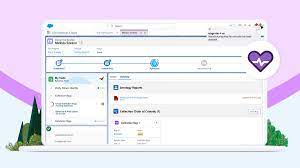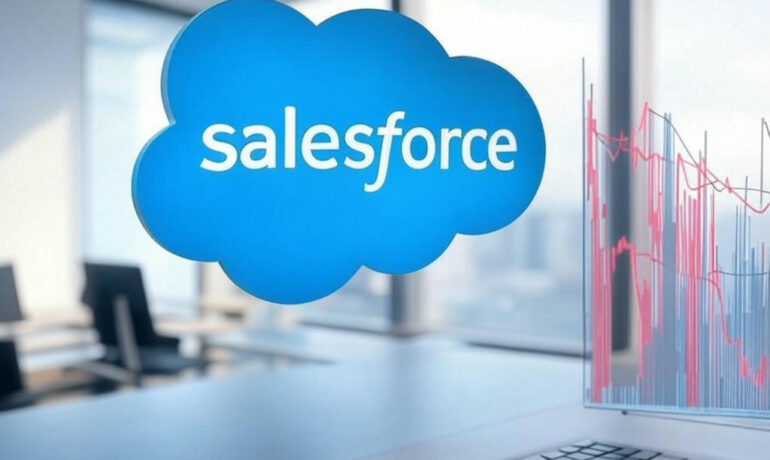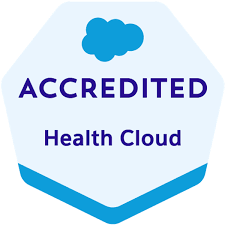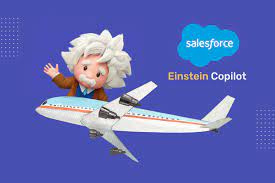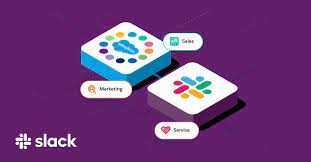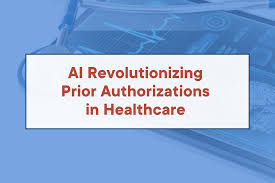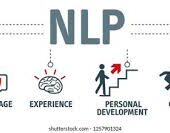Salesforce Life Sciences Cloud
Salesforce has unveiled Life Sciences Cloud, a secure and trusted platform tailored for pharmaceutical (pharma) and medical technology (medtech) organizations. This innovative solution aims to expedite drug and device development, streamline patient enlistment and retention throughout the clinical trial journey, and harness AI capabilities to deliver personalized customer experiences. The significance of this announcement lies in the life sciences industry’s urgent need for accurate and accessible data to advance research and development efforts and enhance clinical trials. Despite this need, the industry has been slow to adopt digital tools, with a staggering 88% of healthcare and life sciences organizations yet to achieve their digital transformation objectives. Amit Khanna, SVP & GM of Health and Life Sciences at Salesforce, emphasized the necessity for integrated, compliant, and data-driven solutions in the life sciences industry. He highlighted Salesforce’s commitment to enhancing stakeholder engagement across the R&D and commercialization spectrum by leveraging data, AI, and CRM capabilities. The Salesforce solution encompasses: Commercial Operations, available now, provides insights into the commercial lifecycle, including contract compliance, pricing, and inventory management. AI-powered bots offer timely alerts to field representatives and forecasting insights to optimize sales strategies. Clinical Operations offers tools to set up and execute efficient trials, including Data Cloud for Health, Chain of Custody Management, and Participant Management features, aiming to enhance patient recruitment, safety, and engagement. Pharma CRM facilitates personalized engagement with stakeholders, managing interactions and digital content while ensuring compliance with regulations. Features like Healthcare Professional (HCP) Engagement and Einstein for Life Sciences enhance engagement and automate tasks for streamlined operations. Customer testimonials, such as from SI-BONE, highlight the tangible benefits of digitizing processes and improving efficiency with Salesforce solutions. Availability details for various features are provided, with some features already generally available and others set to roll out in the coming months and years. To learn more about Salesforce’s offerings for healthcare and life sciences, access industry insights, and explore the potential of CRM and AI in this sector, interested parties are encouraged to dig into the available resources or contact Tectonic today. Additionally, it’s noted that sales automation functionality for pharma/biotech customers will be available from mid-2025 onward. Learn about Salesforce for healthcare and life sciences Learn more about Salesforce Life Sciences Cloud Like Related Posts Salesforce OEM AppExchange Expanding its reach beyond CRM, Salesforce.com has launched a new service called AppExchange OEM Edition, aimed at non-CRM service providers. Read more The Salesforce Story In Marc Benioff’s own words How did salesforce.com grow from a start up in a rented apartment into the world’s Read more Salesforce Jigsaw Salesforce.com, a prominent figure in cloud computing, has finalized a deal to acquire Jigsaw, a wiki-style business contact database, for Read more Service Cloud with AI-Driven Intelligence Salesforce Enhances Service Cloud with AI-Driven Intelligence Engine Data science and analytics are rapidly becoming standard features in enterprise applications, Read more

